Brands and businesses should be aware that their customers are no longer afraid to hold them accountable for the actions of their employees and policies. We’ve previously explained why companies and customers aligning politically is the new norm. Last month, a father filed a $25 million racial discrimination civil lawsuit against multiple characters at Sesame Place, “a children’s theme park celebrating Sesame Street.” While the case is still ongoing, we noticed a few key things that every brand can learn from it.
In summary, Plaintiff Quinton Burns and his five-year-old daughter, Kennedi, traveled from Baltimore, Maryland, to Sesame Place to celebrate Father’s Day 2022. The Burns family says costumed characters ignored them, as well as other Black guests, during “Meet and Greet” events. However, the characters allegedly interacted with white guests.
What has managed to catch everyone’s, including the media’s attention, is that after Burns went public with his experience, other families shared videos of similar things happening to their children. Digital strategist Leslie Mac posted a video to Twitter from her great-niece’s 4th birthday party at Sesame Place. The caption reads, “This is how #SesamePlace treated these beautiful Black children.” In the nine-second clip, two little girls from the party stand on the sidelines of the parade of characters and extend their arms toward a performer dressed in a Rosita costume. Rosita high-fives other park visitors before waving off the two girls, wagging her head as she turns away from them.
That this is a reoccurring issue, with other BIPOC families having had similar experiences, is, of course, the first and major problem. The second problem was Sesame Place’s response.
An initial response posted to the company’s Instagram account explained that the costumes sometimes inhibit performers’ sightlines and that the employee portraying Rosita’s “no” gesture was a general response to decline requests to hold children for photos, which is against park policy. “We spoke to the family, extended our apologies, and invited them back for a special meet-and-greet opportunity with our characters,” the statement said.
However, Leslie Mac claims that Sesame Place never contacted her family. “This statement is the first & only time the family heard about this offer & Sesame Place has cut off email communications,” she tweeted. “The entire statement is a lie,” she stated.
The irony comes in when you’re reminded that the character Rosita is from Mexico and was Sesame Street’s first regularly appearing bilingual muppet. It’s also important to remember that Sesame Street was created during the social justice movement of the 1960s, specifically as edutainment for children from disadvantaged backgrounds and as an inclusionary showcase for BIPOC actors.
And Sesame Street isn’t alone. Chuck E. Cheese in New Jersey has also recently come under fire after a mother said its mascot high-fived several white children but ignored her two-year-old daughter. In 2013, a Black family from San Diego sued Disney for discrimination after their children were snubbed by an employee in costume as the White Rabbit from Alice in Wonderland. The case was quickly settled for an undisclosed sum and could serve as a precedent in what could be a landmark class-action suit against Sesame Place.
This week, Sesame Place Philadelphia, owned by SeaWorld Parks, announced a series of initiatives to expand its commitment to diversity, equity, and inclusion, including a comprehensive racial equity assessment, the development and implementation of an anti-bias training and education program, and enhancements to ensure a best-in-class diversity, equity, and inclusion (DE&I) program. However, they have thus far declined to say if any employees from the most recent case at hand have been disciplined.
The final lesson we can all learn from the Sesame Place case is that it doesn’t pay to be performative. It’s easy for brands and businesses to post a black square on social media or verbally support the BIPOC community. Claiming and displaying DE&I certifications or training on marketing materials is easy. But it is meaningless unless brands and businesses do the integral (and ongoing) internal work to change the current systems that continue to oppress marginalized people – including, but not limited to – employee training and the ability to be accountable when that training fails.


